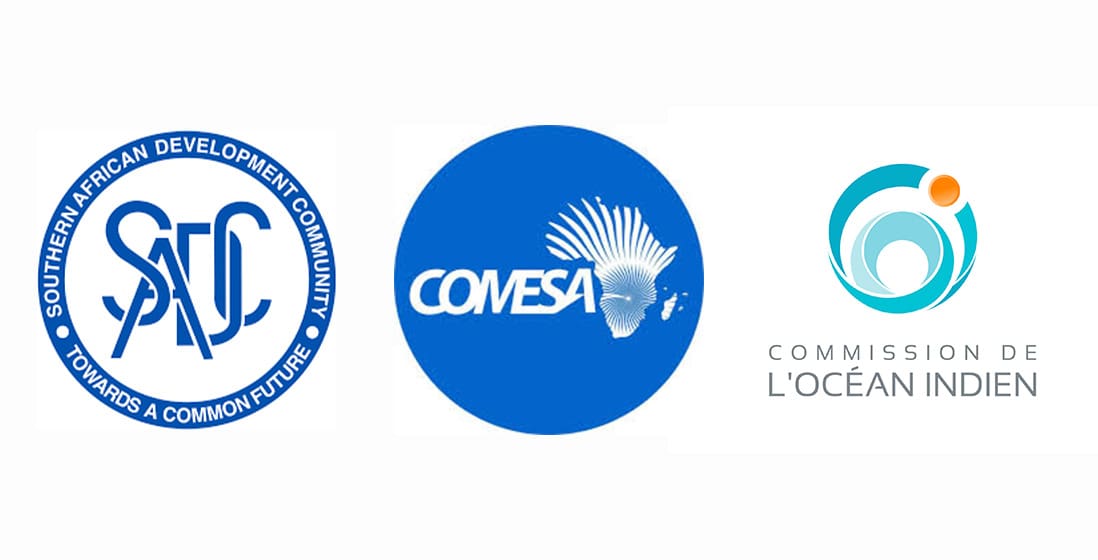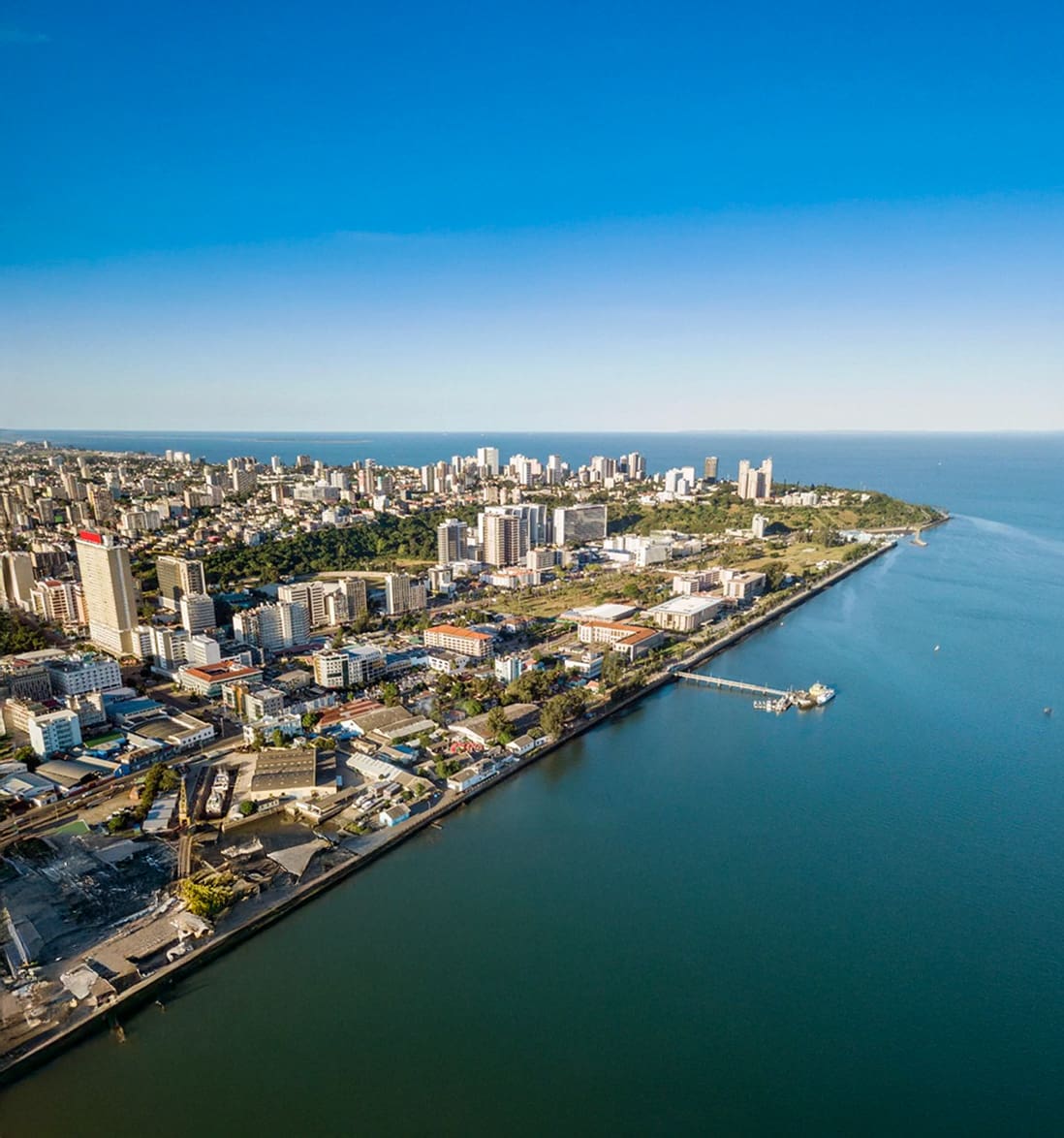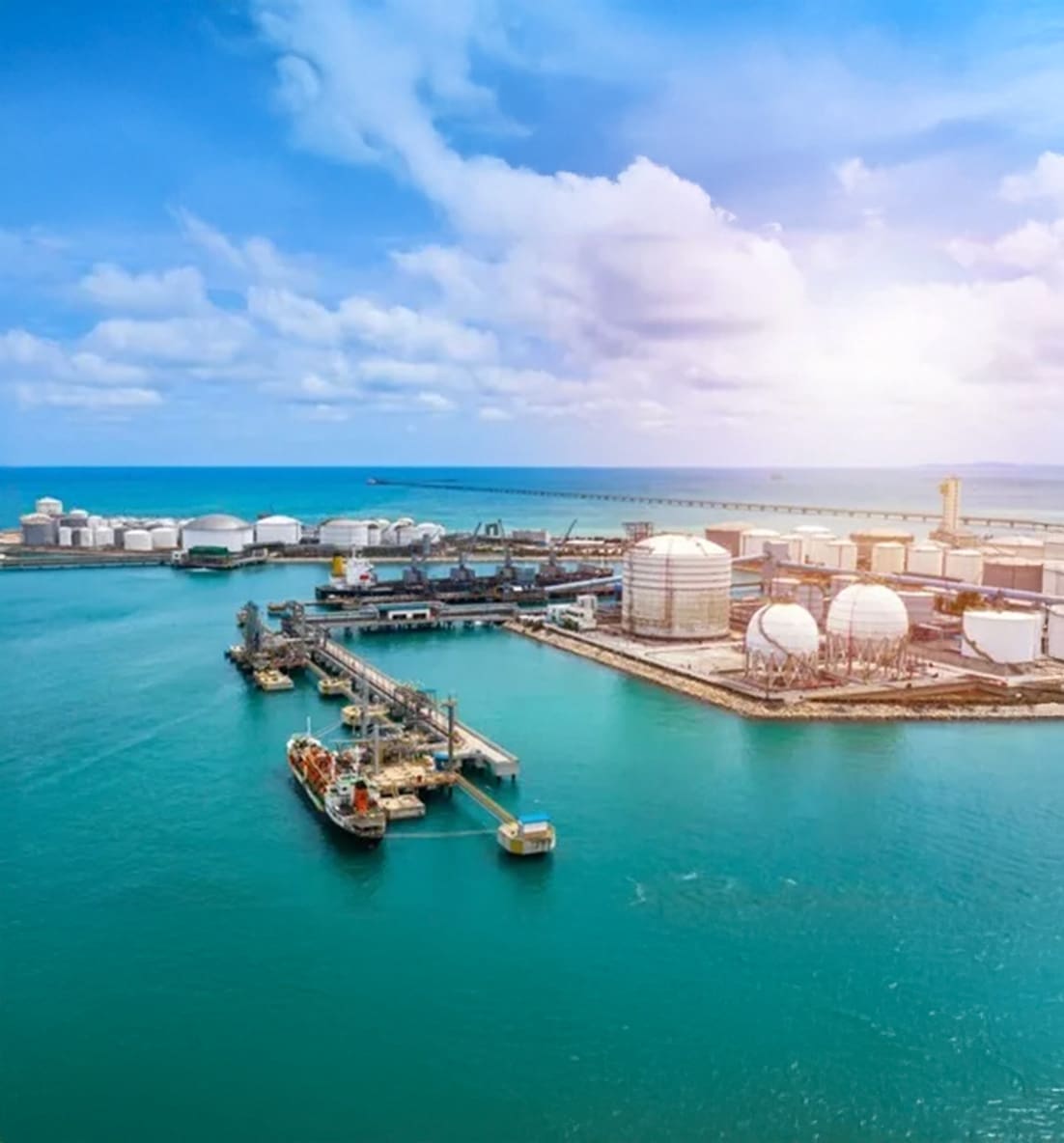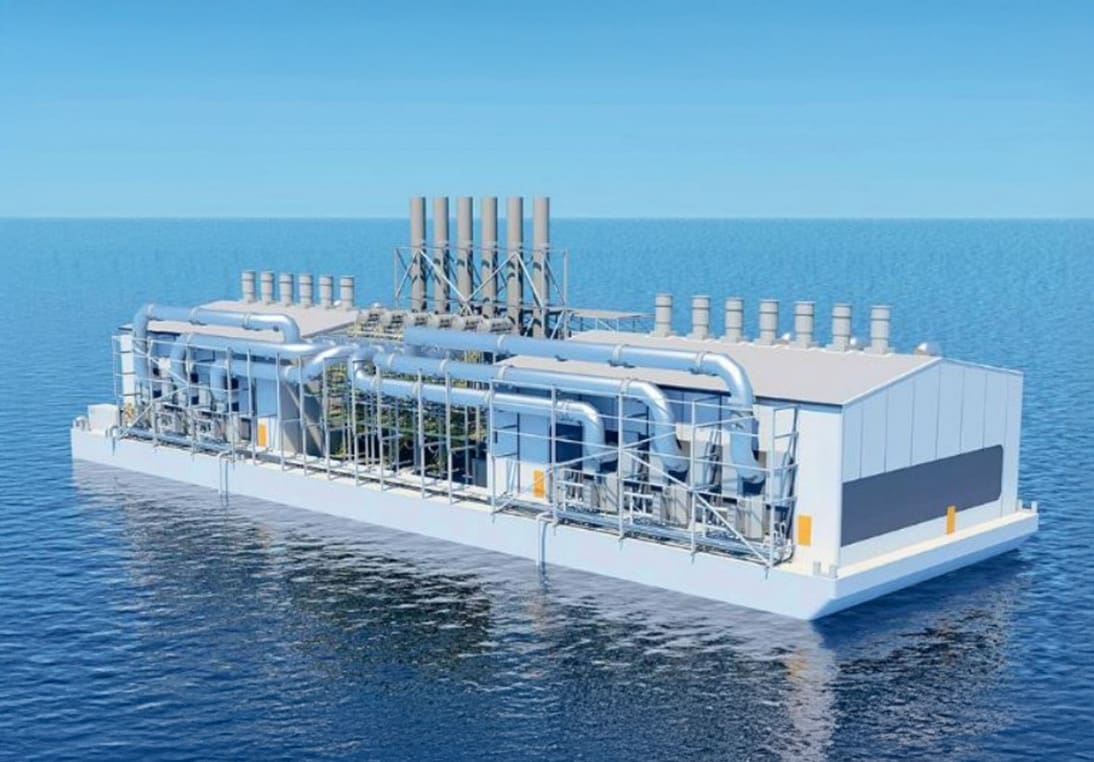
Mauritius and Mozambique: Two African Sweethearts
(A Logical Intensification of Good Bilateral Relations)
An interesting discussion with a Mauritian government official
In June 2006, I visited Mauritius at the invitation of the national export and business promotion agency, Enterprise Mauritius. I was asked to deliver an address to its private sector members as well as relevant government officials on ‘How to do Business with United Nations and NGO Procurement Agencies’. I emphasised the possibility of the island playing the role of a logistics and supply hub for relief aid projects in mainland Africa.
The talk was well attended with an audience of over 100. A luncheon was held after the event, and I was seated next to a senior official of the Mauritian Ministry of Industrial Development. A very interesting conversation ensued. My lunch partner explained how Mauritius had already astutely positioned itself with regard to mainland Africa by developing strong economic relations with major markets, mainly in southern Africa but also in other African regions. As a small island of only just over 2 000 square kilometres, Mauritius took advantage of its strong relationship with India and its geographic position between that country and Africa to set itself up as a financial centre and regional trading hub. Mauritius then utilised its memberships to various regional bodies and participation in various trade agreements to further leverage its commercial presence in the continent.

Membership of regional organisations and signatory to various trade agreements
Mauritius is a member of major regional economic communities for southern and eastern Africa, and the Indian Ocean: the Southern African Development Community (SADC), the Common Market for Eastern and Southern Africa (COMESA), and the Indian Ocean Commission (IOC). It is a signatory to a number of multilateral trade agreements, notably the African Growth and Opportunity Act (AGOA) with the USA, and an Economic Partnership Agreement with the European Union. Bilateral trade agreements include an Economic Partnership Agreement with the UK, Turkey and Pakistan. In 2021, India and Mauritius signed the Comprehensive Economic Cooperation and Partnership Agreement (India’s first trade agreement with an African country.)

A special relationship with Mozambique
My Mauritian official lunch partner also mentioned that the island’s geographically closest African mainland country, Mozambique (directly, some 2 300 kilometres away), was a particularly important market for his country. Mauritians view Mozambique as a springboard for the spread of its business interests in the southern and east African regions. According to the Bank of Mozambique, in 2023 almost half of the foreign direct investment flow into Mozambique (44,7%) was from Mauritius. Investments by Mauritius-based entities were in manufacturing, real estate and agriculture. The island has leased a large land area in Mozambique, and is utilising its experience in leisure real estate development to establish tourism sites there. Mauritius also has historical knowledge of sugar cane cultivation. The Sugar Investment Trust is collaborating with the Mozambican authorities to rehabilitate sugar estates for example, in the Xinavane area of southern Mozambique.
There are numerous economic agreements between the two countries. Mozambican President Nyusi undertook an official visit to Mauritius in 2019. A joint commission was set up and three Memoranda of Understanding were concluded on trade promotion, tourism and environment. The Economic Development Board of Mauritius has concluded an MoU of collaboration with the Confederation of Business Associations of Mozambique.
Long-term bilateral business relations have been concretised through a double taxation agreement as well as an investment promotion and protection convention.

A major new bilateral agreement
On 22 December 2023, the Mauritian cabinet approved an agreement between the Mauritius State Trading Corporation and the Mozambican state oil and gas utility, Empresa Nacional de Hidrocarbonetos, for an extension of bilateral cooperation with regard to liquefied natural gas. The accord is based on Mozambique’s large LNG resource and especially the major gas discoveries in the Rovuma Basin. The Mauritius International Finance Centre has followed up by targeting investments in LNG deals in Mozambique.
In 2018, the specialised oil and gas consulting firm, Poten & Partners, completed a feasibility study and viability assessment on adopting LNG for power generation in Mauritius. The country has an installed capacity of about 877 MW, with supply from the Central Energy Board and independent power producers. Most of the electricity is derived from heavy fuel oil and imported coal, although about 100 MW is now derived from renewables in the form of solar, wind and bagasse fuel from sugar cane. Some 60 MW are supplied from hydro power plants. The island has no known oil, natural gas or coal resources.
Mauritius is largely self-sufficient in energy. However, the government has resolved to reduce the country’s dependence on fossil fuels, especially expensive imported coal. The Ministry of Energy and Public Utilities is aiming at an increase in the share of renewables with targets of 40% by 2025 and 60% by 2030. The Mauritian authorities have perceived the value of liquefied natural gas as a transition fuel for a low-carbon future.

Significant LNG projects
The announcement of natural gas initiatives is proof of the acceptance of LNG in Mauritius’ energy mix. The Dutch consulting engineering firm, Royal Haskoning was appointed to undertake an assessment of Port Louis’ potential as an LNG hub for local and regional supply. In 2017, the Central Energy Board issued a request for information from potential gas suppliers to power a proposed combined-cycle gas turbine power plant.
Mauritius is planning the development of an LNG-to-power floating power barge and a floating storage and regasification unit (FSRU). Potential developers have been invited to submit proposals for the project.
However, if Mauritius is to import substantial quantities of LNG, it will have to implement major ancillary support infrastructure projects. These include gas piping and distribution networks and new bunkering facilities at Port Louis that can accommodate larger LNG vessels.

Mozambique as the perfect LNG supplier
The strong relations between Mozambique and Mauritius as regional partners will bring substantial benefit to both countries. For Mozambique, there is revenue to be gained by supplying the island with the natural gas Mauritius requires for a healthier energy mix. For Mauritius, there are the prospects of an alternative energy source to reduce its dependence on ‘heavy’ fossil fuels as well as the possibility of becoming a regional gas re-distributor.
